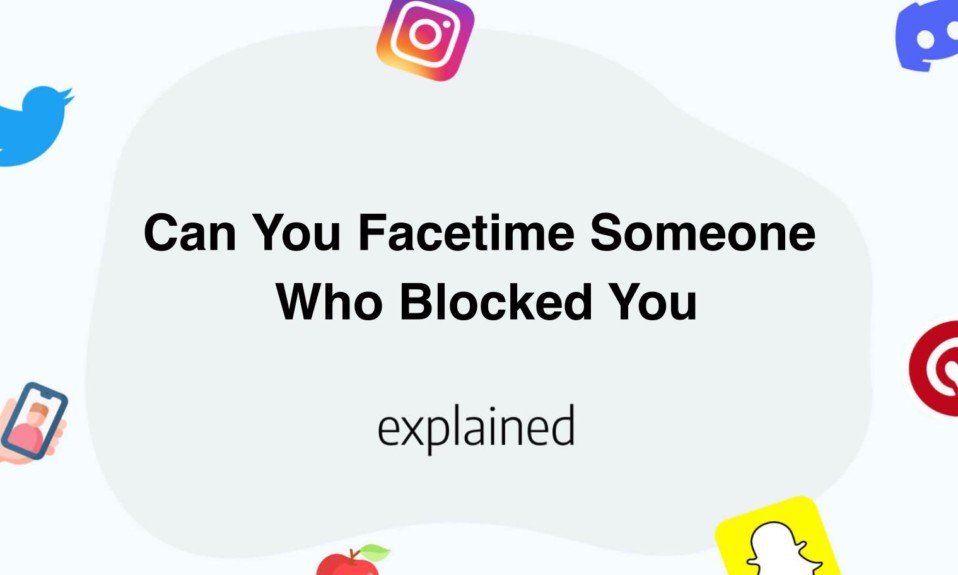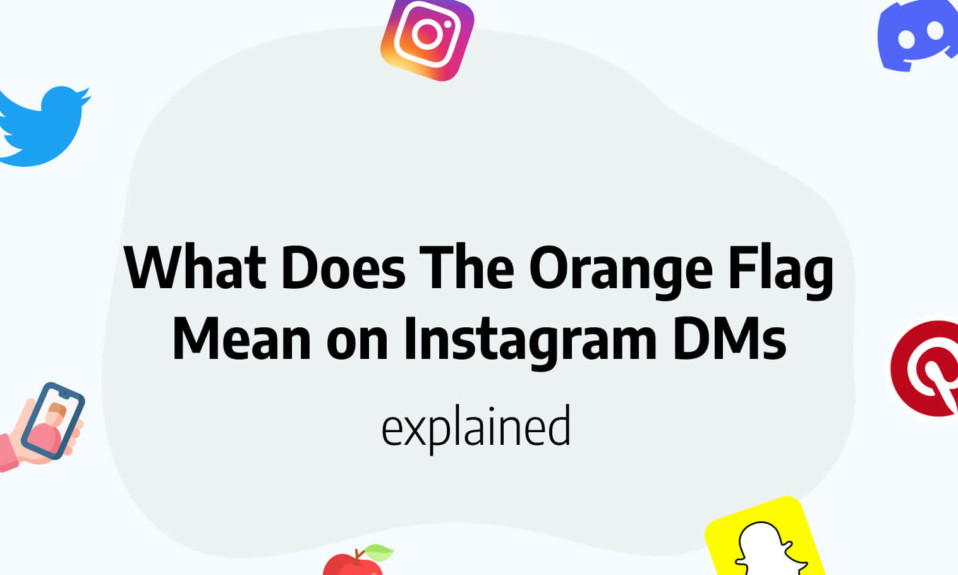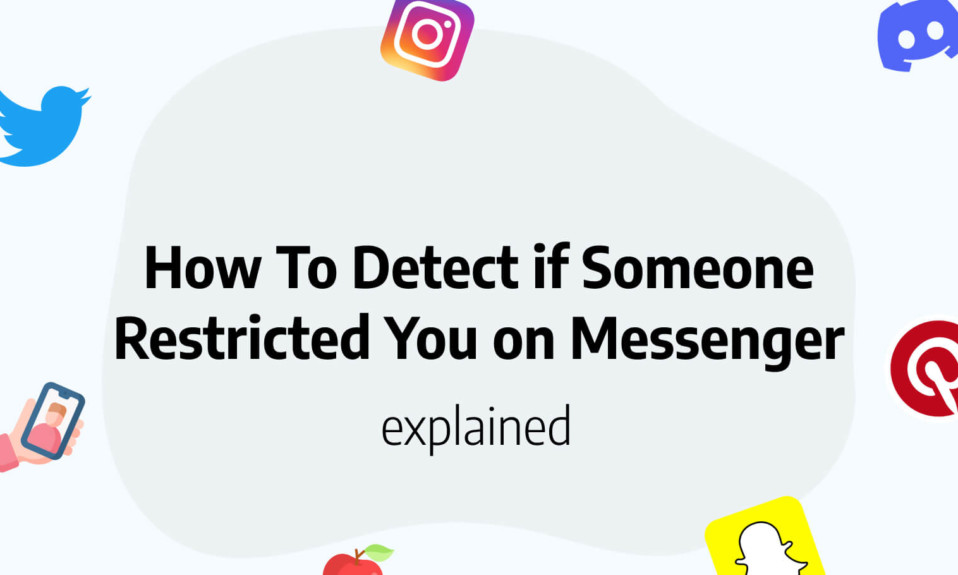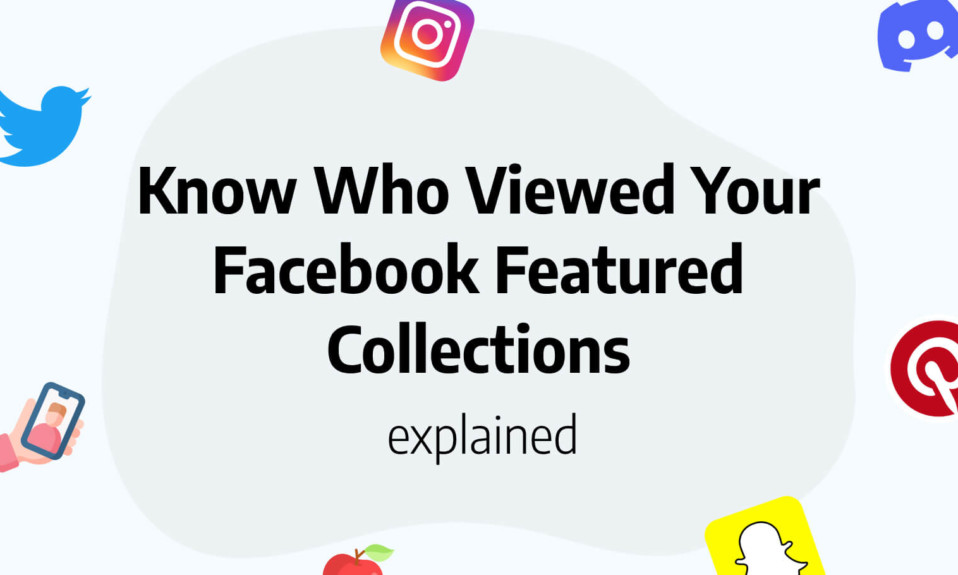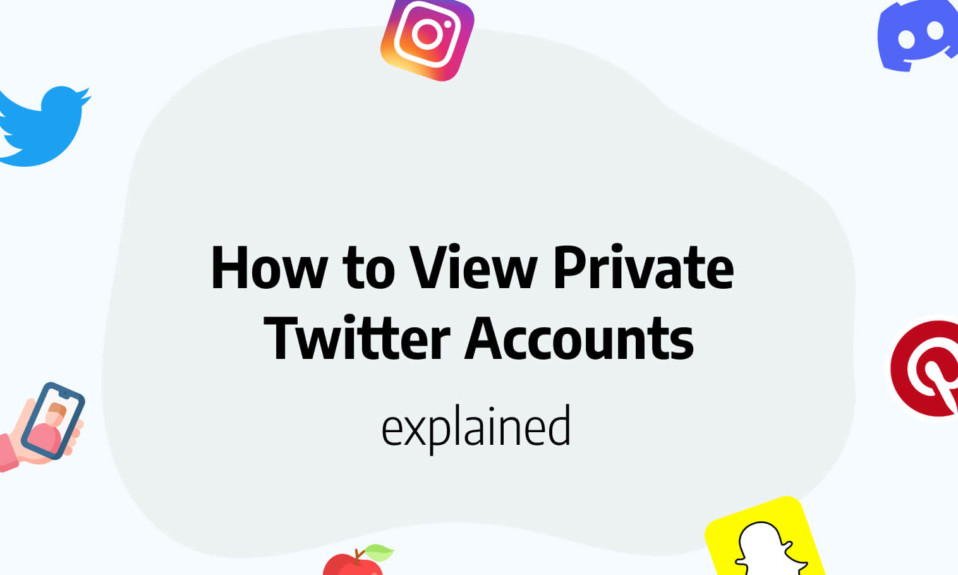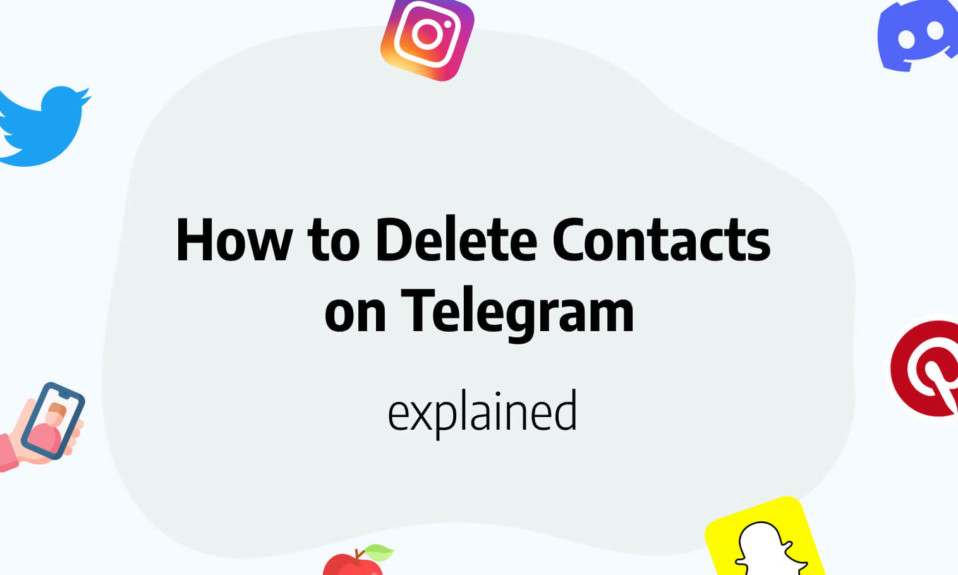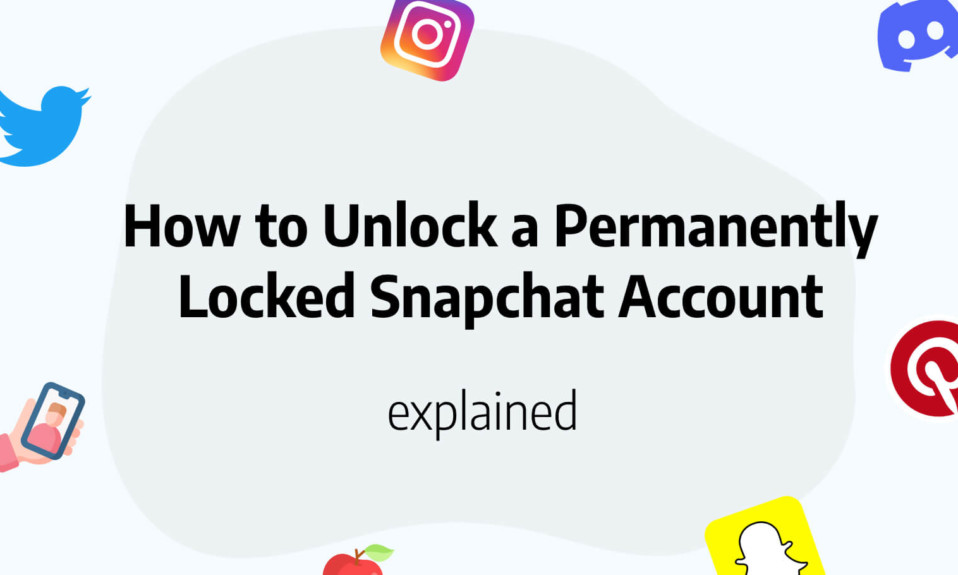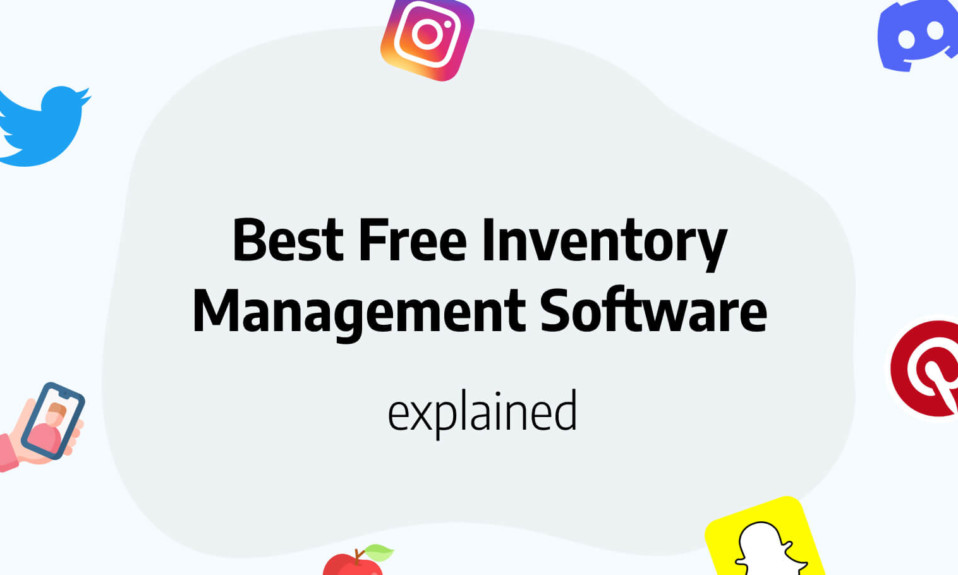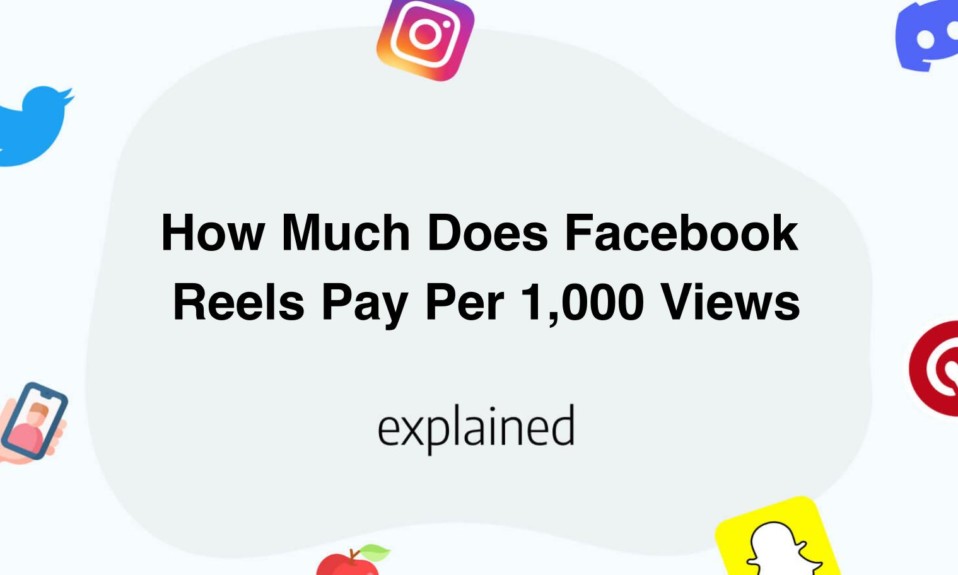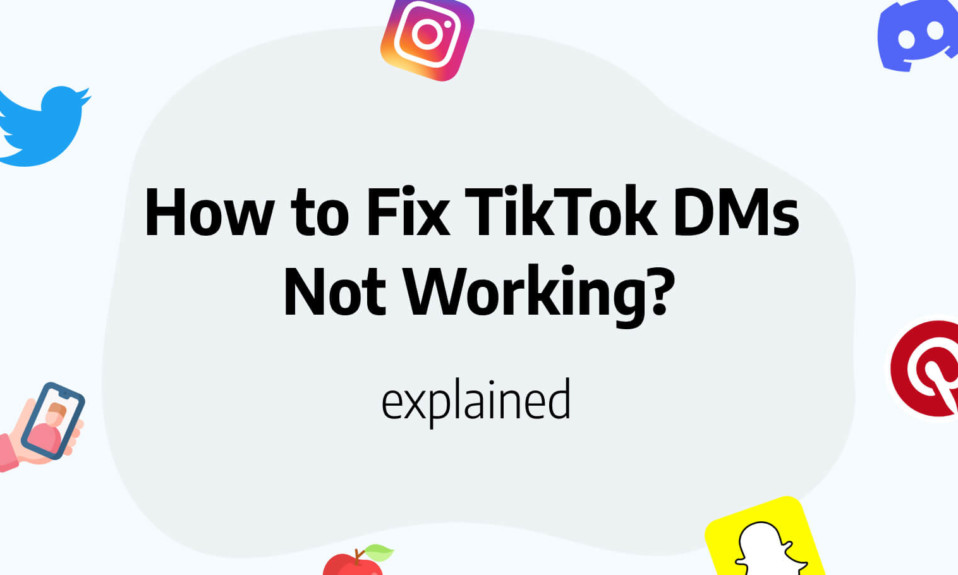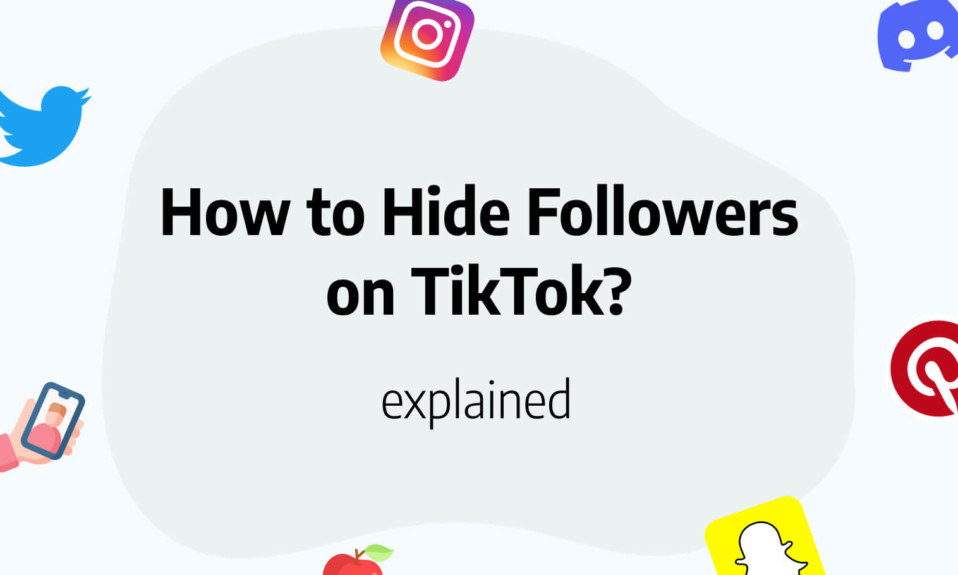Curious about connecting with someone on FaceTime who has blocked you? Although it may seem unlikely, there are possible workarounds to overcome this obstacle.
Delve into the potential techniques and insights that could help you bridge the communication gap and reconnect with the blocked individual.
Discover if there is a way to face your blocked FaceTime call!
Can You Actually Facetime Someone Who Blocked You?
No, if someone has blocked you on FaceTime (or any other Apple service like iMessage), you won’t be able to call them using that service. When a person blocks you on their Apple device, they won’t receive phone calls, FaceTime calls, or messages from your number or Apple ID. On your end, it might seem as though the call or message goes through, but the blocked individual will not receive any notification or alert about it.
However, it is important to understand the impact of being blocked and consider the potential consequences before attempting to contact the person who has blocked you.
Being blocked on Facetime can have various implications:
- No direct communication: When someone blocks you on Facetime, you will not be able to reach them through this platform. This means that you cannot initiate or receive calls from the person who has blocked you, as their device will not ring or display any incoming call notifications from your end.
- Lack of access to their Facetime information: Being blocked also restricts your access to the blocked individual’s Facetime details. This includes not being able to see whether they are currently online or available for a call, as well as any updates or changes they make to their profile.
- Loss of previous Facetime conversations: Once blocked, you will lose access to any previous Facetime conversations with that person. This means you will no longer be able to retrieve any messages, photos, or videos exchanged during your past Facetime sessions with them.
- Respect their boundaries: It is crucial to respect the person’s decision to block you. If they have chosen to block you, it may indicate a desire for space or a need to sever communication.
- Alternative methods of communication: If you still need to reach out to the blocked person for a legitimate reason, consider using other communication channels such as phone calls, text messages, or email. However, be mindful that they may have chosen to block you on these platforms as well.
- Reflect on the situation: Take this opportunity to reflect on the reasons behind the block. Are there any actions or behaviors on your part that may have led to this outcome?
Despite these limitations, there are a few things to consider if you still wish to contact someone who has blocked you on Facetime:
Continuing to try and contact them may be seen as intrusive or disrespectful, potentially straining the relationship further.
Understanding the impact of your actions can help improve future relationships and prevent similar situations from occurring.
Rather than persistently trying to contact them, it may be more beneficial to reflect on the reasons behind the block and seek alternative means of communication if necessary.
Why Can’t You Facetime Someone Who Blocked You?
Once someone has blocked you on Facetime, you may wonder why you are unable to reach out to them through this popular Apple communication app.
This limitation exists due to Apple’s privacy settings, which prioritize the ability for users to control their interactions and protect their privacy.
When someone blocks you on Facetime, it means that they no longer wish to receive any form of communication from you through this specific channel.
One of the main reasons why you cannot Facetime someone who has blocked you is to provide a sense of security and peace of mind for users.
By blocking a contact, individuals gain control over who can reach out to them and avoid potential disruptions or unwanted interactions.
Apple’s decision to limit communication with blocked contacts helps to ensure that users have the power to decide who they want to engage with on Facetime.
In addition to prioritizing user control and privacy, Apple’s privacy settings also prevent blocked contacts from receiving any notifications or alerts from the person who blocked them.
This means that if someone tries to Facetime a contact who has blocked them, the blocked user will not receive a ringing or notification indicating an incoming call.
It provides a clear signal to the blocked individual that their attempts to communicate through Facetime are not welcome.
Another aspect to consider is the impact of Apple’s privacy settings on overall user experience.
By restricting communication with blocked contacts, Apple ensures a smooth and hassle-free experience by preventing unwanted calls or messages from reaching users.
This feature allows individuals to focus on meaningful conversations with the contacts they want to engage with while avoiding any distractions or potential harassment from blocked individuals.
This intentional limitation helps maintain a secure and enjoyable user experience, allowing individuals to decide who they interact with through Facetime.
So, if you find yourself unable to reach someone on Facetime, it is likely because they have made the conscious decision to block you.
Read also: How To Dm A Girl On Instagram
Possible Workarounds To Facetime Someone Who Blocked You
If you’re looking for workarounds to Facetime someone who has blocked you, we have a few possible solutions that might help.
Firstly, one option that could potentially bypass the block is to create a new Apple ID or iCloud account.
By doing so, you can essentially start fresh and try to initiate a Facetime call using the new account.
However, keep in mind that this method might not be foolproof, as the person who blocked your previous account might still recognize your new identity.
Additionally, it is important to respect the individual’s decision to block you and not misuse this workaround to invade their privacy.
Another workaround to consider is using a different device or a temporary phone number.
For example, you can try using a friend’s iPhone or maybe even an iPad to Facetime the person who blocked you.
By using a different device or phone number, you might be able to circumvent the block and establish a connection.
However, this method may not be a long-term solution and it could potentially lead to further complications or misunderstandings.
We want to emphasize that while finding ways to connect with someone who has blocked you may seem appealing, it is important to approach the situation with respect and understanding.
Blocking is usually a clear indication that the individual does not wish to communicate with you, and we should respect their boundaries.
Attempting to find workarounds may only exacerbate the situation and strain the relationship further.
Instead, we encourage you to evaluate the reasons why you were blocked and reflect on ways to improve communication in the future.
Remember, healthy relationships are based on mutual respect and open dialogue.
You’ll also like: How To Make An Event On Facebook
Should You Really Facetime Someone Who Blocked You?
Facetiming someone who has blocked you raises important ethical considerations.
While we may feel compelled to contact the person and express our thoughts or resolve conflicts, it is crucial to respect their boundaries and choices.
Engaging with someone who has taken the step to block you can be seen as invasive and disrespectful, potentially causing further harm to the relationship.
Instead, we should consider alternative ways to address the issue or seek closure.
Respecting someone’s decision to block us is essential for maintaining healthy interpersonal dynamics.
It signifies that the person wants to establish a boundary and maintain a level of distance from us.
Disregarding this boundary by attempting to Facetime them can be seen as an infringement on their autonomy and personal space.
It is important to recognize and acknowledge their right to disconnect from us.
By accepting their choice to block us, we demonstrate maturity and respect for their wishes.
Moreover, attempting to Facetime someone who has blocked us can exacerbate the existing conflict or misunderstanding.
It may escalate into a confrontation, causing emotional distress for both parties involved.
Resolving conflicts effectively requires open and willing participation from all parties, which may not be possible if someone has blocked communication.
Instead, we should focus on self-reflection, understanding our role in the situation, and seek appropriate avenues for resolution, such as apologizing through a different medium or giving the other person space and time to process their emotions.
In summary, when faced with the question of whether we should Facetime someone who has blocked us, it is important to prioritize ethical considerations.
Respecting their decision to establish boundaries, acknowledging their autonomy, and seeking alternative ways to address conflicts or misunderstandings are crucial steps in maintaining healthy relationships.
By being mindful of these factors, we foster an environment of respect and understanding, which ultimately contributes to our personal growth and the well-being of all parties involved.
You’ll also like:


